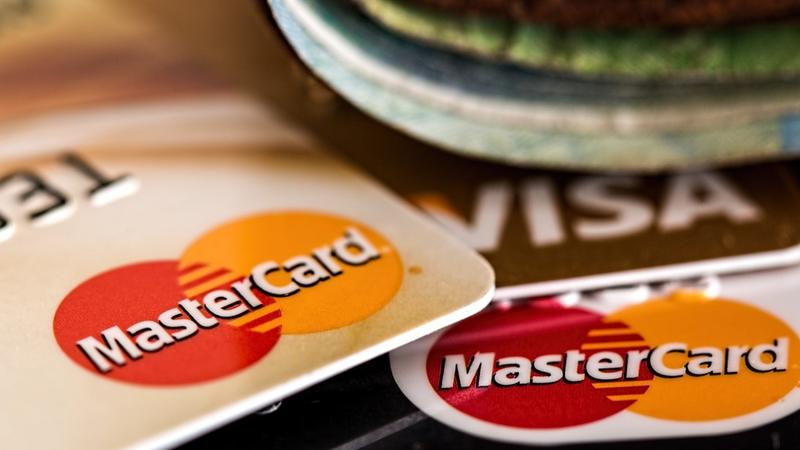Published 20:49 IST, December 25th 2024
Can You Pay One Credit Card's Bill With Another Credit Card?
Timely repayments are always the best option to avoid accumulating debt.

Struggling to pay your credit card bill? Can you use one credit card to pay off another? The short answer is no — most credit card issuers prohibit this practice. Directly paying one credit card bill with another only adds to your overall debt. However, there are indirect ways to settle one credit card’s dues with another card.
Balance Transfer: Moving Debt Between Cards
A balance transfer involves transferring the outstanding balance from one credit card to another. By using this method, you can move either a part or the entire balance from your current card to a new card, especially one that offers a lower interest rate or a promotional 0% interest period. This can make repaying your debt easier, as the new card might offer better terms.
Key Things To Consider
Transfer fees: Most balance transfers come with a fee, usually between 3% to 5% of the total amount being transferred. You should evaluate whether this cost is worth the benefits before proceeding.
Interest charges: If you fail to repay the balance on time, even during the interest-free period, you will be charged interest on the outstanding amount.
Impact on credit score: A balance transfer can slightly affect your credit score, especially if the credit utilisation ratio on your new card increases significantly.
Credit utilisation: Be cautious about your credit utilisation ratio. If the transferred balance pushes it too close to your credit limit, it may negatively impact your score.
Promotional interest rates: The lower interest rate may only last for 6 to 18 months, after which the rate will revert to the card’s standard rate.
Cash Advance: Quick But Costly
For those in need of immediate relief, a cash advance can provide a quick solution. By withdrawing funds from your credit card via an ATM or bank, you can use that money to pay off another card’s balance. However, this comes with its own set of drawbacks.
Important Considerations
High interest rates: Cash advances generally incur a higher interest rate compared to regular credit card purchases.
Cash advance fees: This option also attracts a fee, typically ranging from 2.5% to 3% of the withdrawn amount.
ATM withdrawals: Withdrawing cash through an ATM could be particularly expensive, so it's crucial to carefully assess your financial situation before using this method.
Long-term costs: Given the high interest and fees, cash advances can quickly accumulate, making it a less desirable option for long-term debt management.
Digital Wallets: The Convenient Option
Another modern way to pay off one credit card bill using another card is through digital wallets. Many digital wallet apps allow you to load funds using your credit card, which can then be used to make payments towards other credit card bills. This method has gained popularity due to its ease of use and accessibility.
Steps To Use A Digital Wallet
- Loading funds: To pay a credit card bill, you can load funds into your digital wallet using your credit card. This process usually requires entering your card details and authorising the payment through an OTP sent to your registered mobile number.
- Wide range of options: There are various e-wallet apps available, from third-party apps to those offered by your bank. You can choose one that best suits your preferences and convenience.
Things to consider
- Loading funds into a digital wallet is a simple and quick process, but you should check if your e-wallet provider accepts credit cards as a funding method.
- Be mindful of any transaction limits or fees associated with transferring money to your wallet and using it to pay your credit card bill.
- While paying one credit card bill using another card directly is not allowed, methods like balance transfers, cash advances, and digital wallets offer viable alternatives.
However, each of these methods comes with its own set of fees and risks, such as high interest rates or impact on your credit score. Before choosing any of these options, it’s important to evaluate whether the benefits outweigh the costs.
Timely repayments are always the best option to avoid accumulating debt. If you’re unsure, consider consulting a financial advisor to better manage your credit card payments and explore more efficient ways to stay on top of your bills.
Updated 20:49 IST, December 25th 2024